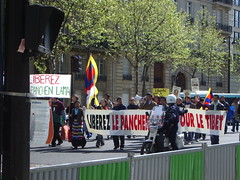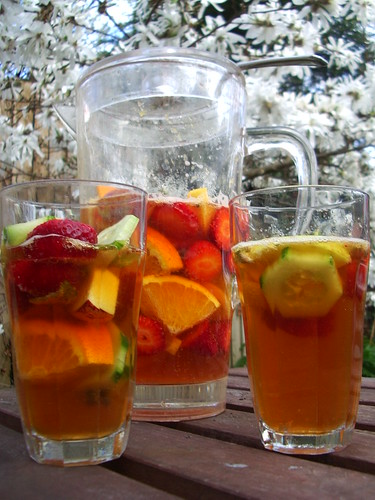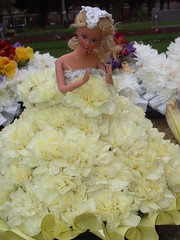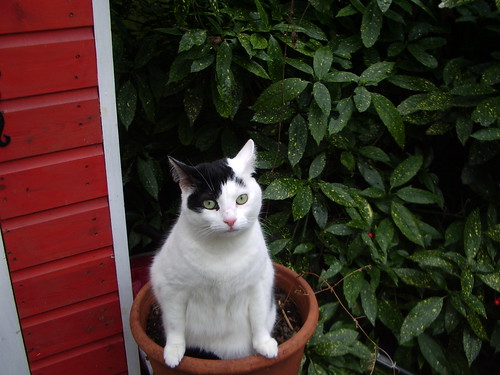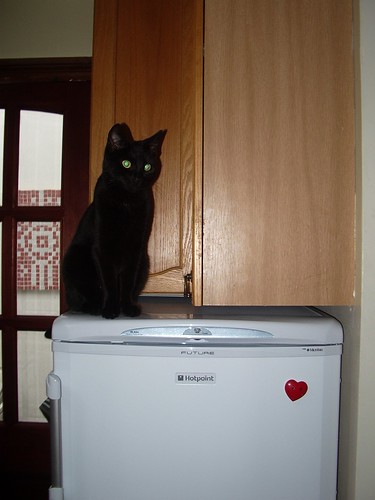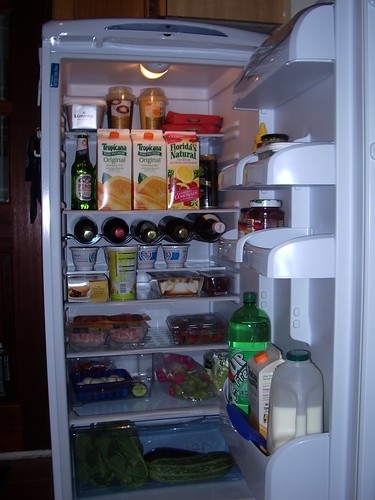Yesterday, I was very busy with work and then as soon as I came home we went off to Ikea for an evening of shopping and fighting through crowds, so I missed the news of tornadoes in Tennessee. All my relatives should be sound asleep...or at the hospital in Nashville where my cousin A went into a high risk, pre-eclampsia threatened labor yesterday so it's not really appropriate for me to call right now.
I hunted around the
The Tennessean site, to see where twisters had touched down, and I couldn't see any near Lawrence County - nor anything too major in Nashville proper (?), but I don't even know which hospital A is in.
That's not real weatherEngland gets a lot of precipitation (no matter what the water companies tell you), but the weather is usually pretty gentle. Sure there was the
Great Storm of 1987 - when 16 people died, but that was the worst storm since 1703. We just don't get the harsh weather here as happens in Tennessee: the driving downpours, the pipe-bursting cold, the windstorms, the ice storms, the weeks of still-aired broiling heat (and I don't even think of TN as a particularly extreme weather state), the hail, the hell and the highwater. To wit: the
list of tornadoes in Middle Tennessee since 1830 , some of them I remember, and some I've heard tell.
Don't mention the weatherBut it's best not to mention the storm conditions 'back home' if I want to get along with my host citizens. In a book called
Watching the English by Kate Fox, she describes "the weather conversation" that goes like this:
Person A: It's dreadful weather (the rain, cold, dreary, etc)
Person B: Yes, it's frightfully (wet, cold, overcast, etc)
...as
the essential social lubricant - the entree into all other conversations with strangers. And by disagreeing with Person A's assessment of the weather, you shut down any further possibility of positive or neutral interchange: She goes further:
Although we are aware of the relatively undramatic nature of the English weather - the lack of extreme temperatures, monsoons, tempests, tornadoes and blizzards - we become extremely touchy and defensive at the suggestion that our weather is therefore inferior or uninteresting. The worst possible weather-speak offence is one maily committed by foreigners, particularly Americans, and that is to belittle the English weather. When the summer termperature reaches the high twenties [low to mid 80s Farenheit], and we moan, 'Phew, isn't it hot?', we do not take kindly to visiting Americans or Australians laughing and scoffing and saying 'Call this hot? This is nothing. You should come to Texas [Brisbane] if you wanna see hot!'
Oh, dear. I can't tell you how many times I've committed this dreadful faux pas. Particularly since it gets far hotter and far colder in Tennessee than it does in the UK, not to mention stormier, windier, etc. Last year, when we finally got to a week of not goose-bump raising weather, the English were flushed and fanning themselves and I was still wearing a sweater. "It's hot," they said. Having been here a while (but not having read
Watching the English) I said "It's warm," as I
tried to agree. They insisted that it was hot, but I just would not,
could not agree. I could see my conversational partner growing annoyed, but didn't really understand why.
Ms Fox doesn't mention the worst sin against the weather, though. The English may be aware of the undramatic nature of their weather, but they have a high degree of faith in its changeability. Many an acquaintance has said "Well, we don't have the extremes of weather, but our weather is very changeable. There's an old saying, I don't know if you've heard it, 'If you don't like the weather in (Coventry, Sheffield, Cumbria, _____), just wait, it will change.'"
And I reply, "Oh yes, I've heard it... we used to say that about East Tennessee weather, but there it's
really changeable. Below freezing one week and wearing shorts the next."
"Hmmpph" is the usual reply.





